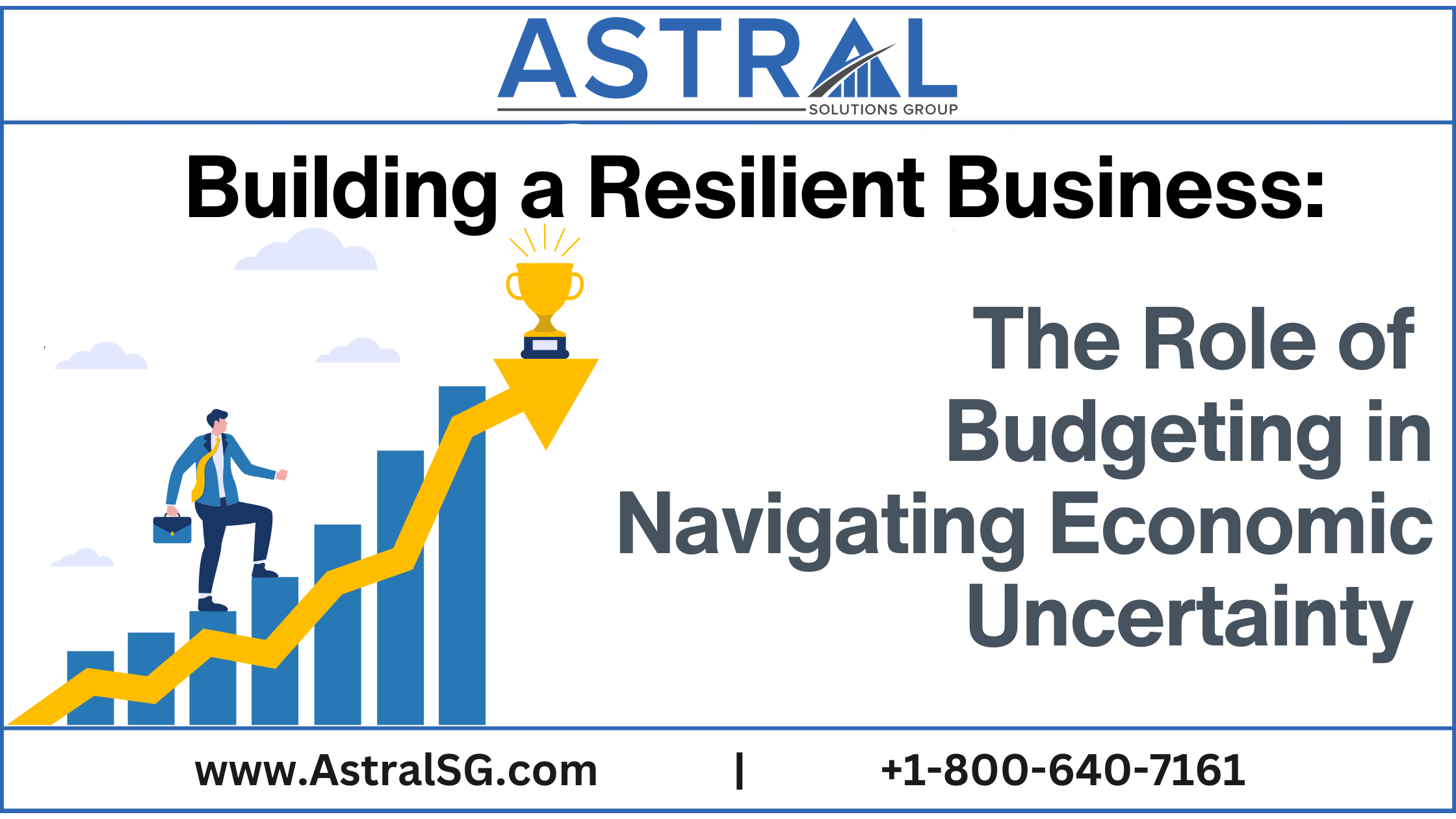
In today’s fast-paced, dynamic economy, businesses encounter ongoing difficulties, from shifting market circumstances to unanticipated global disasters. Building resilience is essential to surviving and flourishing in such an environment, and efficient budgeting is one of the most potent instruments available to a company.
Why Budgeting Matters in Times of Uncertainty
An organized budget serves as a financial road map that aids in resource allocation, performance monitoring, and future planning for companies. Budgeting is even more critical during difficult economic times, enabling companies to foresee possible risks and make data-driven decisions that protect their operations.
- Offers Financial Clarity: Financial clarity is crucial in times of turbulence. By using budgeting to understand better their cash flow, fixed costs, and profit margins, business owners may make well-informed decisions about growing their company, controlling spending, or investing in expansion.
- Identifies Possible Risks: By using the budgeting process, businesses may discover possible financial risks, including decreased demand, increased expenses, or cash flow constraints. By rearranging their financial priorities or allocating contingency cash, businesses can remain ready for unforeseen downturns.
- Promotes Strategic Planning: Whether it’s new technology, marketing campaigns, or hiring staff, a well-crafted budget helps companies focus on the expenditures that have the best chance of paying off. Additionally, it aids in debt management, preventing companies from going over budget in unpredictable times.
- Increases Flexibility: Although budgeting entails establishing fixed rules, it also offers a structure for adaptability. Businesses may stay flexible and competitive by modifying their budgets to reallocate resources to areas with the best potential return when market conditions change.
How to Build a Resilient Budget
To build a budget that fosters resilience, consider the following:
- Conduct Regular Reviews: Since the economy changes, regularly review your budget and modify it periodically to consider new possibilities, unexpected hazards, or changing market trends.
- Establish a Contingency Fund: Creating a contingency fund guarantees that companies have the cash to withstand unforeseen financial setbacks without jeopardizing their operations.
- Be Conservative with Predictions: When economic uncertainty is high, it’s advisable to be realistic with expense estimates and cautious with income projections to prevent surprises.
- Leverage Technology: Forecasting and budgeting software may automate the process and provide real-time financial health analytics, making modifications more straightforward and more effective.
In conclusion
Although economic unpredictability is unavoidable, businesses may confidently handle these obstacles with a strong budgeting approach. Budgeting is more than financial management; it’s about future-proofing the company so that it can grow, adapt, and prosper regardless of the state of the economy. By developing a flexible, well-planned budget, businesses may not only withstand the storm but also come out stronger.




